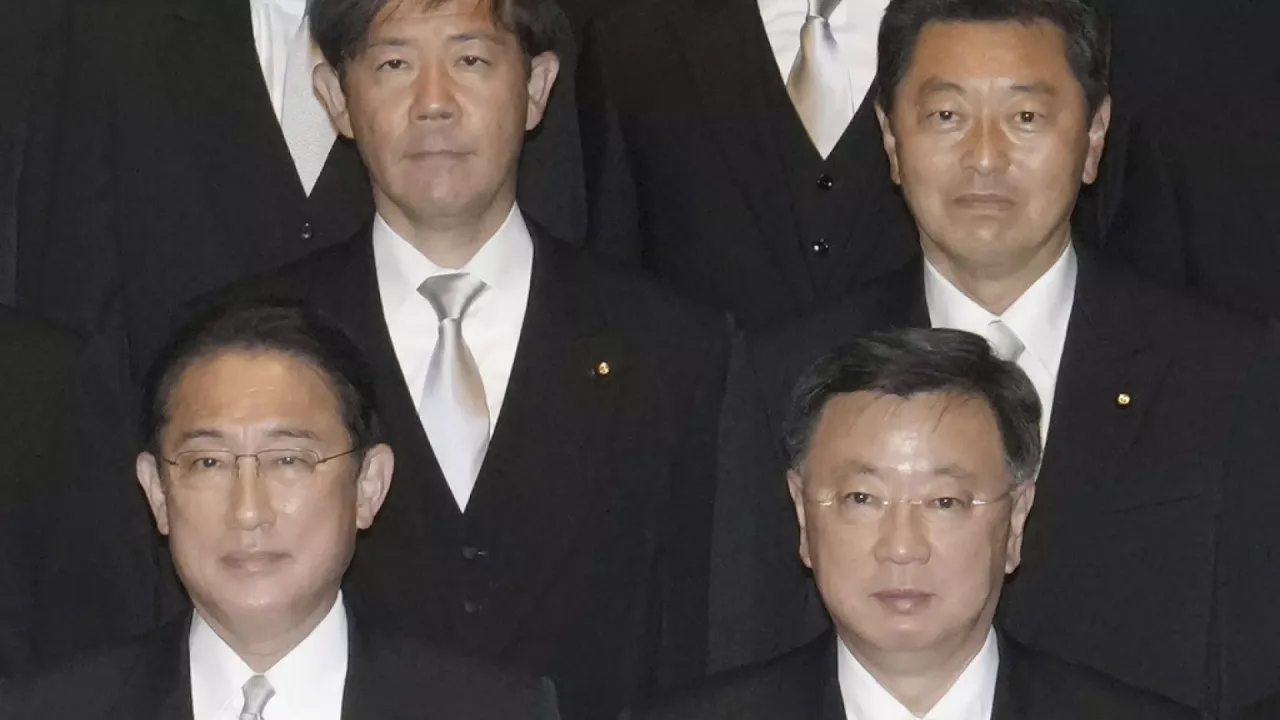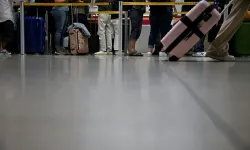In Japan, a deputy from the ruling Liberal Democratic Party (LDP) was detained within the scope of the donation scandal investigation.
This first detention decision in the investigation, which scrutinised ministers, deputy ministers and MPs, dealt a heavy blow to the government led by Prime Minister Fumio Kishida.
Several LDP figures are accused of failing to clearly declare the income from fundraising events to the authorities.
Yoshitaka Ikeda, a lower house lawmaker and former deputy education minister, was detained by prosecutors in Tokyo, Prime Minister Kishida said in a statement.
Ikeda will be expelled from the LDP, Kishida said.
"It is very sad. I take this very seriously," Kişida said, adding, "As a party, we must work to restore trust in politics with a strong sense of urgency."
Public broadcaster NHK reported that Ikeda received about 48 million yen ($330,000) in kickbacks (or bribes).
Japanese prosecutors had previously launched a criminal investigation into the disappearance of 500 million yen ($3.4 million) in political donations collected through ticket sales.
The missing money is mainly associated with ministers, deputy ministers and lawmakers close to former Prime Minister Shinzo Abe, who was assassinated in 2022.
Following the investigation launched after the scandal broke out last month, four ministers, including Chief Cabinet Secretary Matsuno Hirokazu, Deputy Chief Cabinet Secretary Koichi Hagiuda, and a number of deputy ministers resigned.
The largest group within the LDP, which consisted of various factions, consisted of names close to Shinzo Abe. Prosecutors say that the funds collected in the last five years were not reported to the state.
On the other hand, Nikai, a smaller group within the LDP, is also believed to have failed to report a sum of 100 million yen.
National media reported that prosecutors are examining whether other LDP factions, including the faction formerly headed by Fumio Kishida, were involved in the scandal.
Meanwhile, public support for Kishida has fallen to around 20 per cent, the lowest level for a prime minister in a decade, according to an opinion poll.
The investigation centres on money collected from ticket sales to party events. Some of this money was allegedly given directly to MPs by the party and left unrecorded, even though it should have been reported to the authorities under the "Law on Control of Political Funds".












